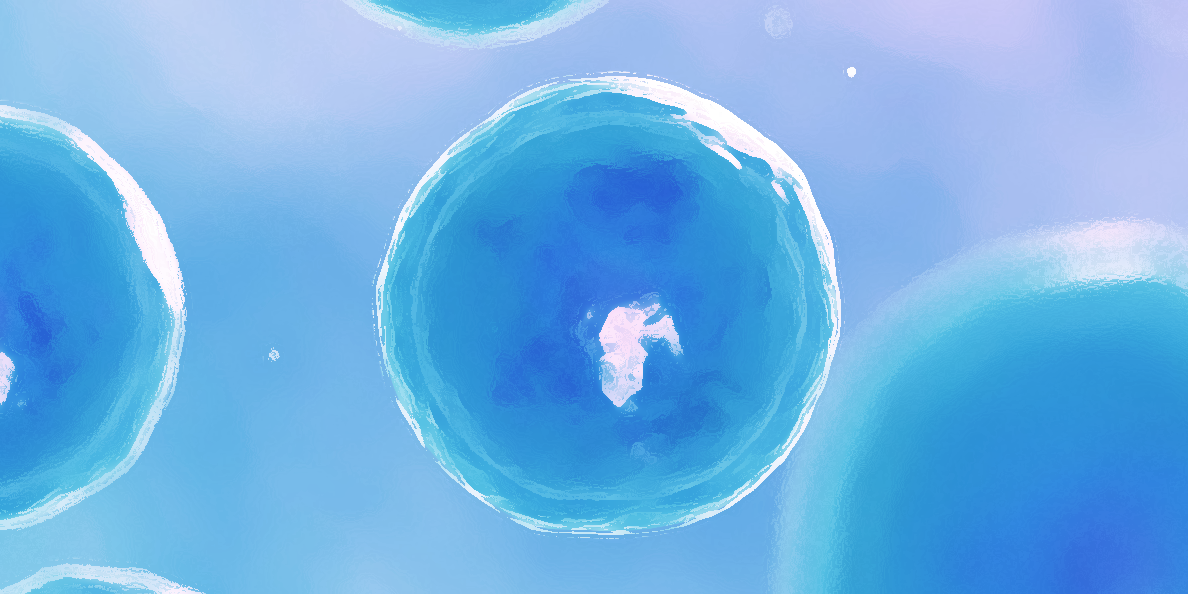Lysosomes are small organelles within cells that are responsible for breaking down and recycling cellular material, such as proteins, lipids, sugars – and even entire cellular compartments – that are damaged or worn out. This essential task is carried out by a mixture of enzymes. If any one of these enzymes is non-functional due to a genetic mutation, it can lead to disease. There are about 50 distinct lysosomal storage diseases, each of which is the result of a specific genetic mutation.
The Lysosome as a Recycling Facility
A common analogy for understanding the function of the lysosome is to think of it as a recycling factory. The different machines inside the factory (enzymes) process different types of materials (protein, lipids, sugars).

However, if one of these machines is not functioning correctly, the material it was meant to process accumulates inside the factory, which leads to complications. Each machine can also break in different ways (by different genetic mutations). Defects can also occur in transporting material into and out of the factory.

Genetics of Lysosomal Storage Diseases
While any specific lysosomal storage disease occurs in less than 1 in 100,000 people, the class of diseases as a whole occurs at a rate of about 1 in 8,000 people. Most of the mutations are autosomal recessive, meaning that two parents who are carriers have a 25% chance of having a child with the disease. Two of the diseases (Fabry disease and Hunter syndrome MPS II) are caused by X-linked recessive mutations, which have a 50% chance of being passed from a carrier mother to a son. Each defective protein can be the result of a number of different gene mutations — sometimes even hundreds. While many of these mutations have been identified, very little is understood about how these mutations affect the protein function. The age of disease onset varies greatly, and the diseases often result in developmental, neurological, and mobility complications. Because the disease symptoms are due to toxic accumulation mostly of lipids, the symptoms worsen with age.
Search for a Cure
There are currently no cures for lysosomal storage diseases, but some success has been seen with enzyme replacement therapy and bone marrow transplant for a few specific diseases. However, due to recent advancements in genomics, high-throughput screening, and personalized drug design, Perlstein Lab and many others are working hard to find a cure.


